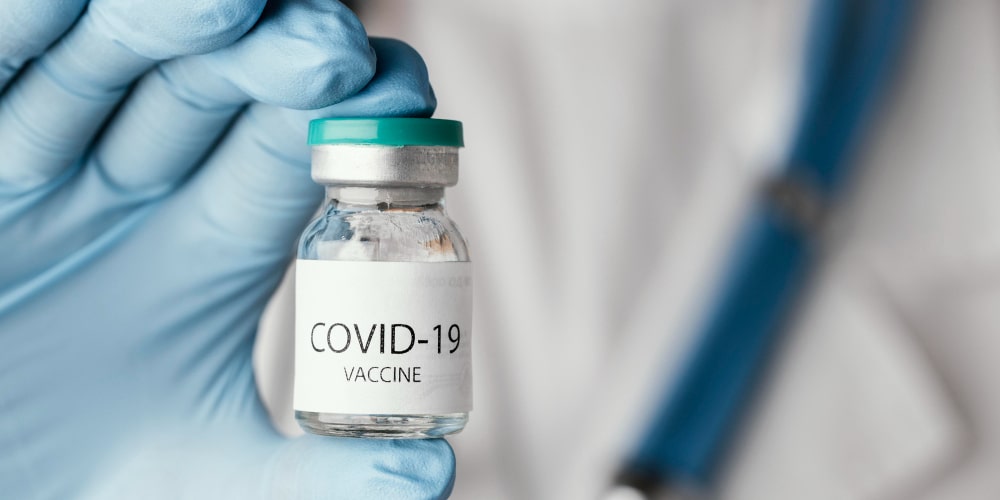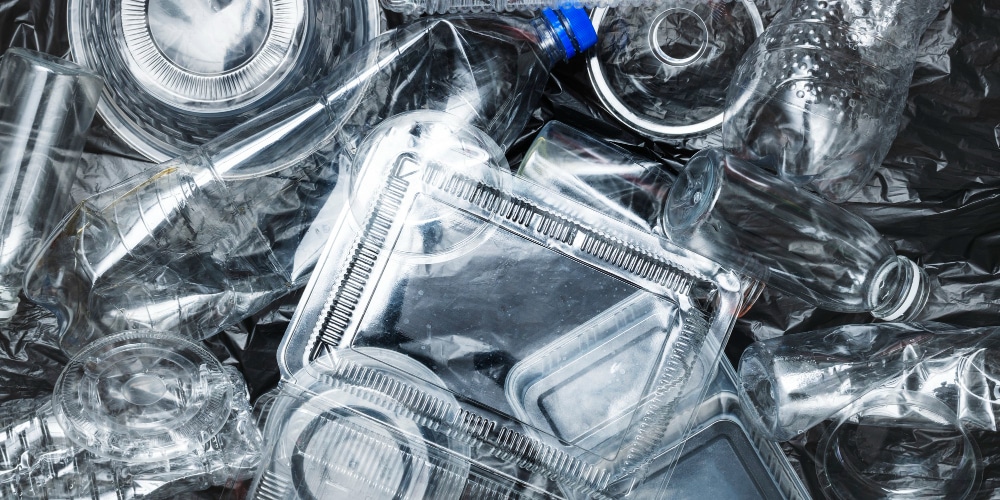Your stomach bugs may help clean out harmful chemicals: Study
Scientists have found that some gut bacteria can absorb toxic chemicals called PFAS and help remove them from the body
Author
Author
- admin / 7 months

- 0
- 4 min read

Author
Scientists have identified certain species of human gut bacteria that can absorb and store toxic “forever chemicals,” suggesting a new avenue for reducing the health risks posed by these persistent pollutants, according to new study published July 1 in Nature Microbiology.
Per- and polyfluoroalkyl substances (PFAS) are synthetic chemicals used in products ranging from waterproof clothing to non-stick cookware. Their resistance to heat, water, oil, and grease has led to widespread use, but these same properties make PFAS “persistent pollutants that pose major environmental and health concerns”.
PFAS have been linked to decreased fertility, developmental delays in children, and a higher risk of certain cancers and cardiovascular diseases. PFAS have also been a common topic in the health misinformation landscape worldwide.
Researchers at the University of Cambridge’s MRC Toxicology Unit discovered that “certain species of microbe found in the human gut can absorb PFAS—the toxic and long-lasting ‘forever chemicals.’ They say boosting these species in our gut microbiome could help protect us from the harmful effects of PFAS”.
The study states: “Species of human gut bacteria have a remarkably high capacity to soak up PFAS from their environment at a range of concentrations, and store these in clumps inside their cells. Due to aggregation of PFAS in these clumps, the bacteria themselves seem protected from the toxic effects”.
For the study, the authors conducted experiments in which they introduced nine bacterial species into the guts of mice to “humanise” the mouse microbiome. The bacteria “rapidly accumulated PFAS eaten by the mice—which were then excreted in faeces.” The study found that “within minutes of exposure, the bacterial species tested soaked up between 25% and 74% of the PFAS”.
Dr. Indra Roux, a co-author, explained: “The reality is that PFAS are already in the environment and in our bodies, and we need to try and mitigate their impact on our health now. We haven’t found a way to destroy PFAS, but our findings open the possibility of developing ways to get them out of our bodies where they do the most harm”.
The researchers are now working to “create probiotic dietary supplements that boost the levels of these helpful microbes in our gut, to protect against the toxic effects of PFAS”.
Dr. Anna Lindell, first author of the study, noted: “We’re all being exposed to PFAS through our water and food—these chemicals are so widespread that they’re in all of us. PFAS were once considered safe, but it’s now clear that they’re not. It’s taken a long time for PFAS to become noticed because at low levels they’re not acutely toxic. But they’re like a slow poison”.
While direct evidence of health protection in humans is not yet available, the findings have prompted the launch of a startup, Cambiotics, to develop probiotics that remove PFAS from the body. In the meantime, the researchers advise avoiding PFAS-coated cooking pans and using a good water filter as practical steps to reduce exposure.
There are more than 4,700 PFAS chemicals in widespread use. Some are cleared from the body in days, but others “with a longer molecular structure can hang around in the body for years”. The study’s authors hope their discovery will lead to new ways to protect human health from these enduring environmental threats.
Also read: Can you protect yourself from cancer-causing plastic chemicals?
Do you have a health-related claim that you would like us to fact-check? Send it to us, and we will fact-check it for you! You can send it on WhatsApp at +91-9311223141, mail us at hello@firstcheck.in, or click here to submit it online.










